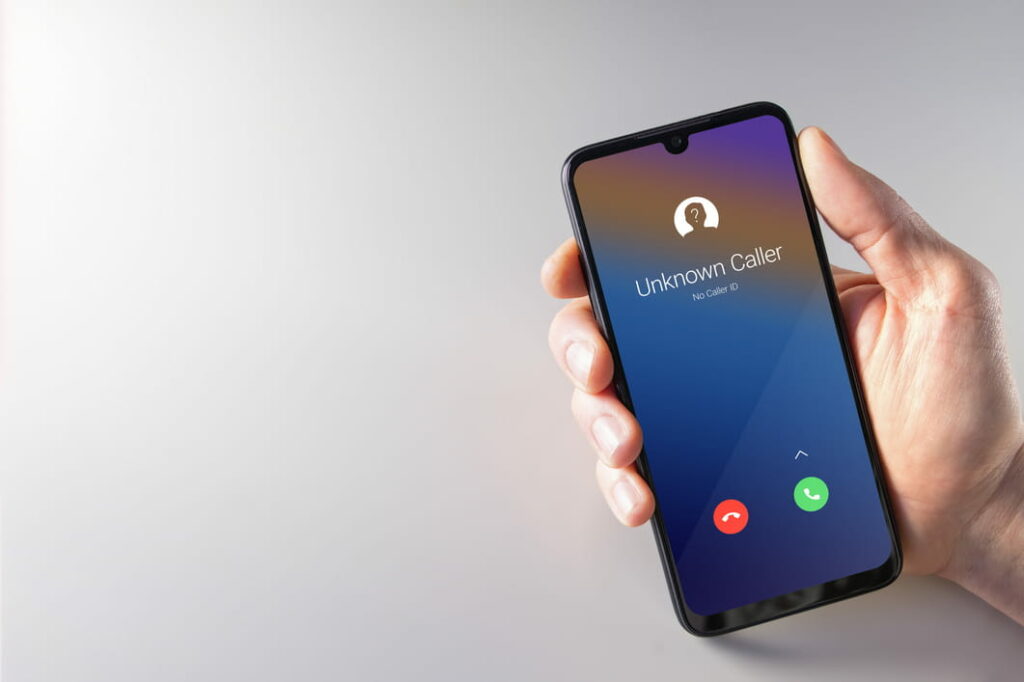
Over the past several years, insurance carriers and agents have been grappling with a challenging cultural shift: people just aren’t picking up the phone anymore. Or at least they’re not picking up when they don’t know who’s on the other end. According to a 2020 survey from Pew Research Center, just 19% of U.S. adults answer their cell phone when they receive a call from a number they’re unfamiliar with. In fact, 14% of adults will even ignore a voicemail if it’s left.
For insurance carriers and agents who are trying to get in touch with their leads, declining call contact rates are a major obstacle. But fortunately, this challenge is far from insurmountable. All it takes is a little bit of creativity and a willingness to meet the consumer on their own terms.
Here are three best practices for connecting with insurance shoppers at a time when consumers are increasingly likely to let an unexpected call go to voicemail:
1. Make sure consumers know it’s you
One of the best ways to increase your contact rates is to make sure the person you’re calling knows who you are. To this end, it’s important to make sure you have your caller ID turned on, and that wireless carriers aren’t marking your number as spam when the caller ID appears on the consumer’s screen. When consumers fill out a form on your website, it’s best to include your phone number on it, so they know where to expect a call from.
2. Communicate with the consumer on their schedule
Most consumers don’t want a spontaneous phone call to interrupt them while they’re working, eating, or enjoying some rest and relaxation. Instead, you can maximize your contact rates by finding a time that works for the consumer. For instance, you could put a button on your website that allows the shopper to schedule a call with you.
It might also be helpful to have customer service representatives available outside of business hours, in order to communicate with the many consumers who want to shop on nights and weekends. Indeed, about 20% of weekday ad clicks on the MediaAlpha platform take place between 5 p.m. and 9 p.m. If you’re not available to help these consumers when they’re shopping, you might not be able to catch them later.
3. Explore alternative contact methods
Even if you’re thoughtful about how and when you call consumers, there are some shoppers who just aren’t interested in talking on the phone anymore. For them, it’s important to offer a variety of communications options, from text messaging, to email, to an instant message chat. The more choice you’re able to give consumers, the more likely they are to be receptive to you.
—
While contacting consumers via a phone call has never been more difficult, carriers and agents that employ these strategies can break through the silence and claim a major advantage over the competition. And as consumers continue to become more accustomed to shopping on their terms, the businesses that cater to them will need to continue developing fresh, creative ways to meet their needs.
If you have any questions about increasing your own contact rates, please do reach out to your client success manager or schedule a meeting with us here. We’d be more than happy to help.